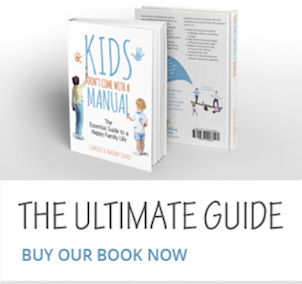Our children look to us for support, encouragement and validation and not only for ‘instruction’.
We have selected the video below because it helps us parents realise that our ability to offer them guidance depends upon our ability to identify with and authenticate their own experience, be it negative or positive.
And the way we communicate this is by showing our children through empathy. Empathy, as opposed to its colder sister sympathy, is all about building connection. And to understand its significance we need to acknowledge the qualities it requires of us.
- Perspective taking – recognising someone else’s perspective.
- Resisting the urge to pass judgment.
- Recognising emotion in other people and then communicating it back to them.
- The ability to feel ‘with’ rather than ‘for’ people.
When faced with someone’s pain, particularly when it is our child’s we often want to do something to make them feel better, which is why we can fall in to the trap of undermining or dispossessing them of their emotion with ‘trying to make it better’ comments like “Don’t worry,” “It’s not that bad,” or “At least you didn’t…” The real power of empathy is the solace brought by someone identifying with your emotion. For this reason empathy is a choice, a vulnerable choice because in order to connect with someone you have to make a connection with their feeling somewhere within yourself.












































